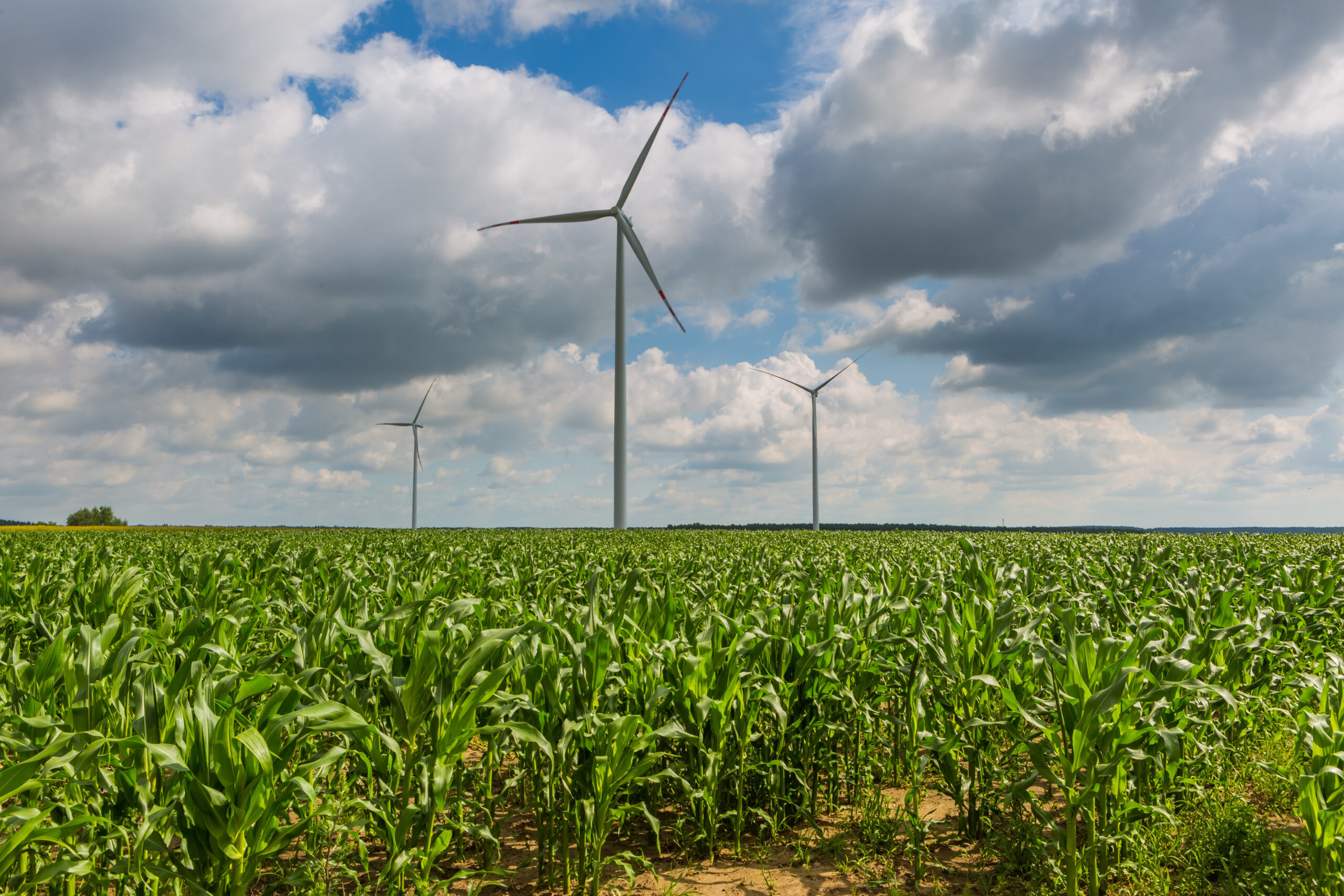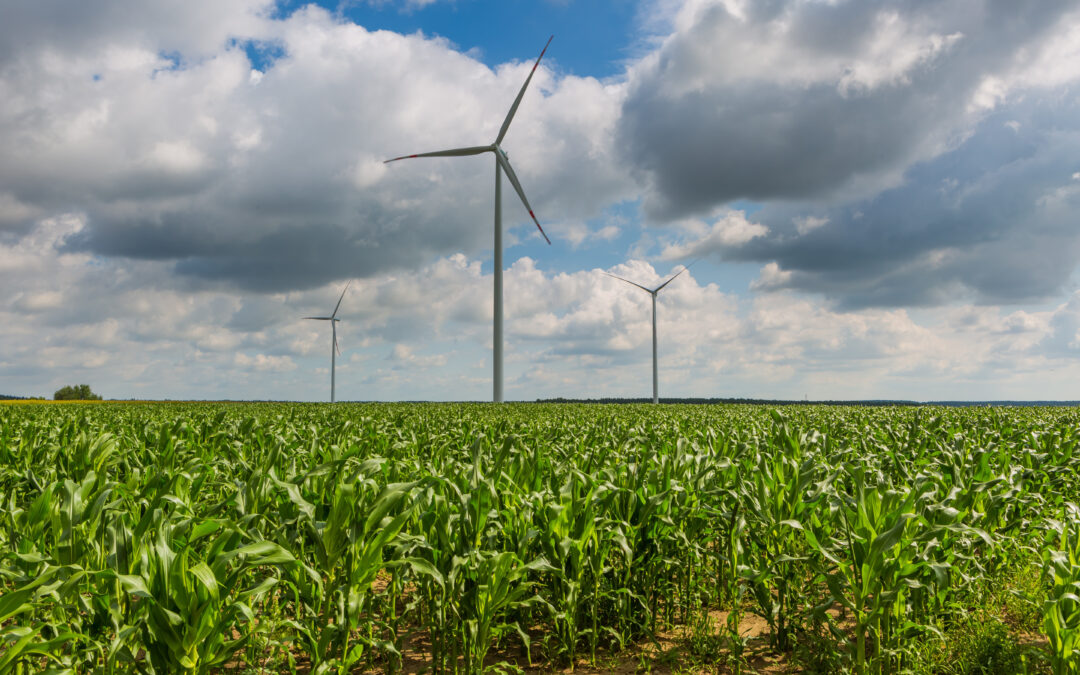Have you ever thought about growing your own food? If not, now might be the time to consider it. With the rise in popularity of home farming and gardening, more people are realizing the benefits of homegrown produce. In this article, we’ll explore why starting a home farm could be one of the best decisions you make for yourself and your family.

Introduction to Homegrown Produce
Homegrown produce refers to fruits, vegetables, herbs, and other edibles that are grown at home instead of being purchased from a store or market. While many people assume that homegrown produce is only for those with large plots of land or extensive agricultural knowledge, the truth is that anyone can start their own home farm with just a small amount of space and effort.
Health Benefits of Eating Homegrown Food
One of the biggest advantages of eating homegrown produce is the improved nutritional content. When you grow your own food, you know exactly what goes into it, which means no pesticides, chemicals, or preservatives. This results in food that is fresher, tastier, and healthier than anything you can buy at the grocery store. Additionally, studies have shown that homegrown produce contains higher levels of vitamins and minerals than commercially produced crops.
How to Start Your Own Home Farm
Starting a home farm doesn’t require a lot of experience or specialized equipment. Here are some tips on how to get started:
1. Choose the right location – Look for an area in your yard or garden that receives plenty of sunlight and has good drainage.
2. Decide what to grow – Think about what types of produce you enjoy eating and research which varieties will do well in your climate and season.
3. Prepare the soil – Remove any weeds or debris from the planting area and add compost or other organic matter to enrich the soil.
4. Plant the seeds or seedlings – Follow the instructions on the seed packets or plant labels and give each plant enough room to grow.
5. Water regularly – Keep the plants moist but not overwatered, and avoid getting water on the leaves to prevent disease.
6. Harvest when ready – Once the produce is mature, harvest it promptly to ensure maximum freshness and flavor.
Common Mistakes to Avoid When Starting a Home Farm
While starting a home farm can be rewarding, there are also some common mistakes that beginners should watch out for. These include:
1. Overplanting – It can be tempting to fill every available space with plants, but doing so can lead to crowding and poor growth.
2. Neglecting maintenance – Regular care such as pruning, weeding, and fertilizing is essential to keep the plants healthy and productive.
3. Not adjusting for climate – Different regions have different weather patterns and growing seasons, so make sure to choose appropriate crops and timing.
In conclusion, starting a home farm can provide numerous benefits including better nutrition, increased self-sufficiency, and even potential cost savings. By following these guidelines and avoiding common pitfalls, anyone can successfully grow their own delicious and healthy produce.





